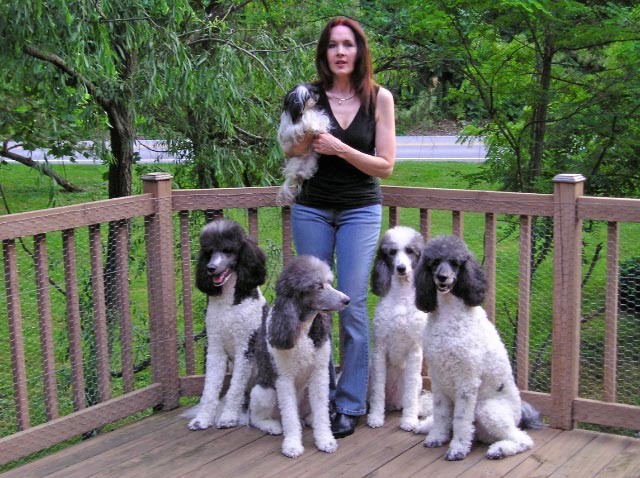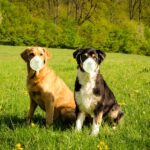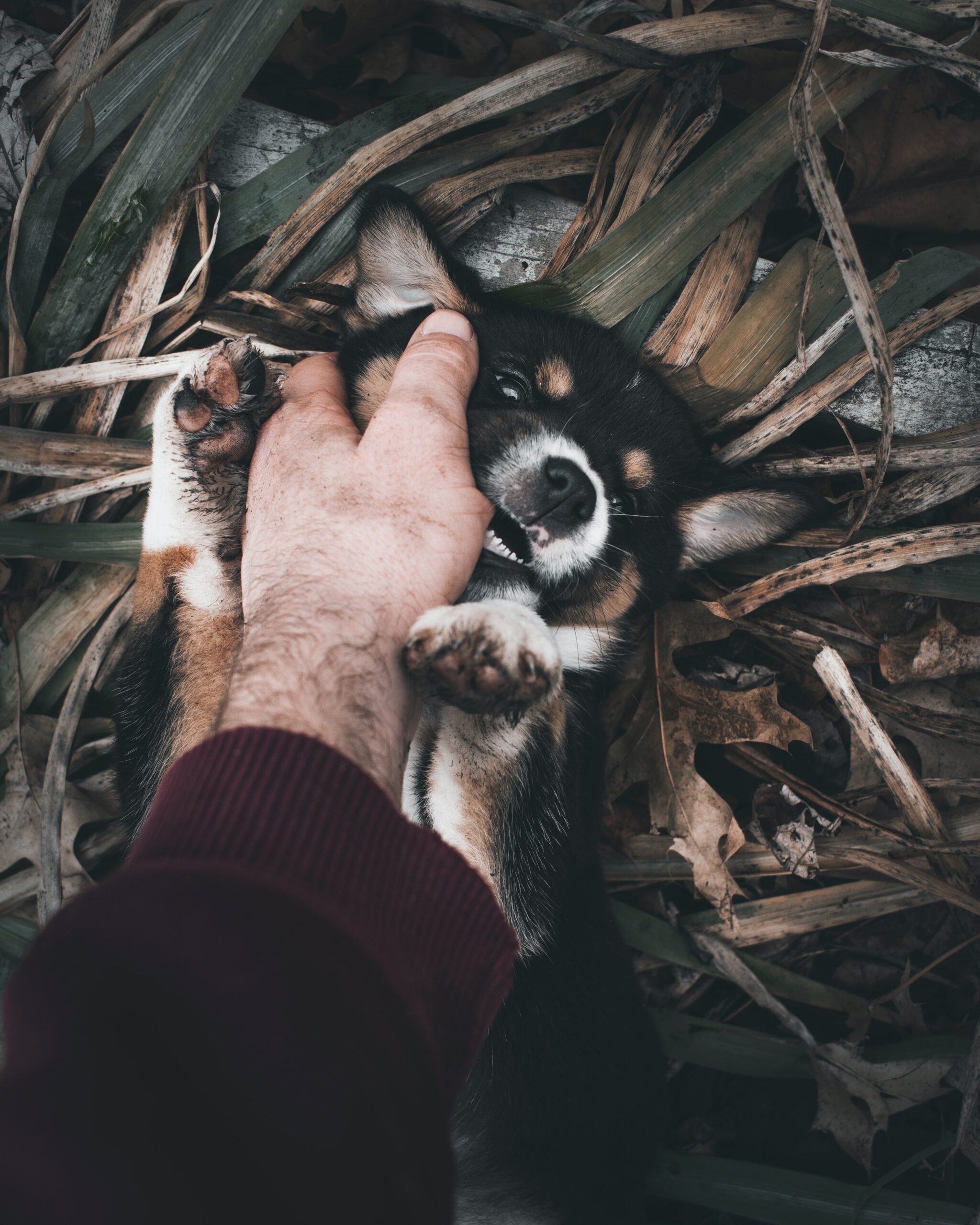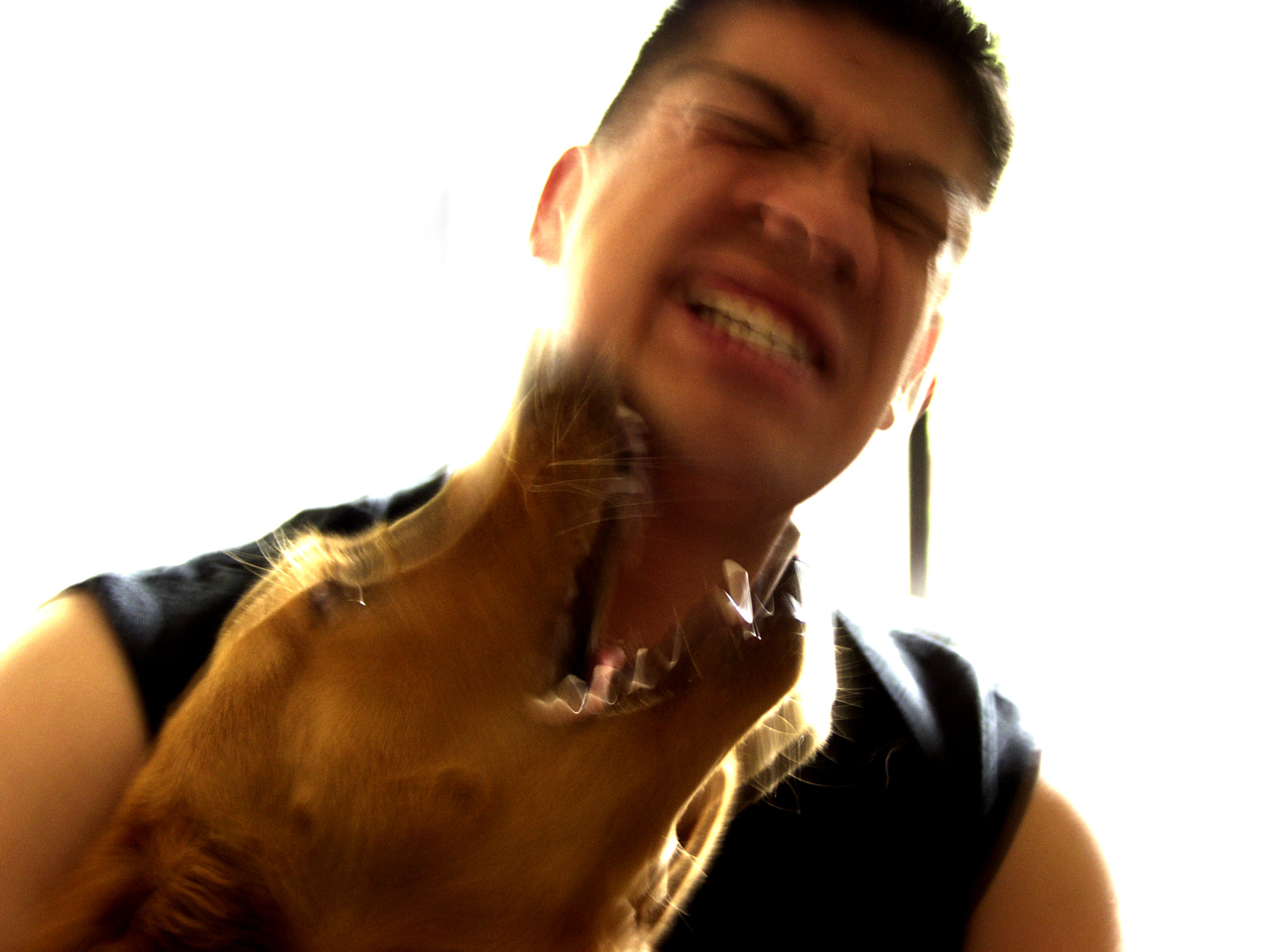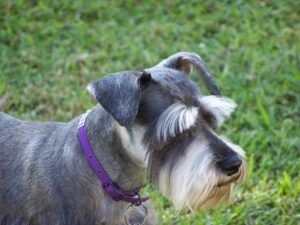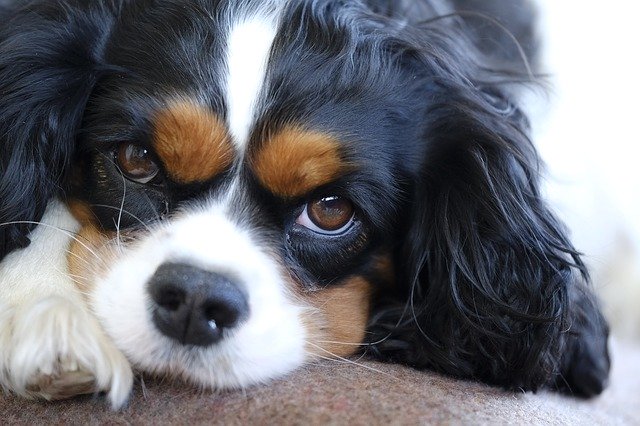From the Murphdog family to yours…
UPDATE April 28, 2020
A professor at Duke University in Durham, NC, and her family including husband, son, daughter, two dogs, and a cat, were tested for coronavirus. The professor, husband, and son tested positive as well as one family dog named Winston, but the professor’s daughter and their other dog and cat texted negative. Winston, a pug, maybe the first dog to contract the virus in the country. According to Winston’s pet parents, he was coughing and sneezing and then refused his breakfast. Pugs are a brachycephalic breed and often make a snorting/reverse sneezing sound. However, a tuned-in pet parent will notice signs of unusual coughing or sneezing and other atypical behaviors.
At this time, the CDC is not recommending routine testing for animals, but it is recommended that social distancing be practiced for all family members including our family pets. Dog parks and other social gatherings for dogs should be avoided. Social distancing for family dogs includes distancing from humans outside of the family as well.
UPDATED April 24, 2020
It has been reported that two cats in New York have tested positive for Covid-19, according to the Center for Disease Control and Prevention. Additionally, more lions and tigers have also tested positive for Covid-19.
as of March 24, 2020
The following article is offered as information only to our readers during this most stressful time, as we all work towards a positive resolution for the coronavirus pandemic. The information below highlights the most current information from vets, the AKC and the CDC. We share this garnered information and compiled it in one location for your convenience.
This information has been gathered via research and is not to be used in place of sound medical and veterinarian advice administered by doctors for both humans and animals.
We at Murphdog & Company take no responsibility for the information shared below.
Dr. Jerry Klein, Chief Veterinary Officer for the AKC, says, “The CDC has not reported any cases of pets or other animals becoming infected with COVID-19 in the United States or anywhere else in the world, including hotbeds like Italy.” Dr. Klein urges common-sense best practices when it comes to our pets: “If you have children, you wouldn’t have them touch a puppy and put their fingers in their mouth because they can have fecal contamination,” he says. “The general practice of washing our hands after touching a puppy or a dog—that’s normal hygiene.”
The Centers for Disease Control and Prevention and the American Veterinary Medical Association are cautioning pet owners who are diagnosed with the coronavirus or are experiencing symptoms to limit interactions with their pets.
Is it safe to pet my dog?
According to the American Veterinary Medical Association, petting a dog’s fur is a low risk. The AVMA’s Chief Veterinary Officer Gail Golab says, “We’re not overly concerned about people contracting COVID-19 through contact with dogs and cats.” And there’s science behind that: “The virus survives best on smooth surfaces, such as countertops and doorknobs,” Golab says. “Porous materials, such as pet fur, tend to absorb and trap pathogens, making it harder to contract them through touch.
It appears that the coronavirus now responsible for the pandemic breached the connection between animals and man. If you believe that you have contracted this virus, heed all precautions.
Canine Coronavirus Disease
Coronavirus in dogs is an intestinal condition, that is short-lived causing diarrhea—particularly in puppies. It is not the respiratory distress, dry cough, fever, and fatigue coronavirus illness described by the CDC that has resulted in our normal and usual way of life being set on hold—at least for the immediate future.
We conclude, from information gathered that we are, as of today’s date, too early in the war against the coronavirus to know, in detail, what is safe and what might not be. Updates and information are changing rapidly, by the hour, and not just daily any longer as we yield to medical personnel and our government leaders for guidance.
The best information offered to date in order not to spread the virus, we spread the word, that is: Wash hands with warm, soapy water for at least 20 seconds. That goes for all interaction with people, surfaces, after returning from any and all outings and also, interaction with your pets.
We have found conflicting advice and information. What was considered “sound” warnings a short time ago, has now changed into a different alarm bell. We live in a crisis of unknown proportions—and what we are witnessing appears to not be short-lived and anything but gentle.
Therefore, it is prudent to tread cautiously and take all suggested precautions seriously, in order to save yourself, your loved ones, others, and your dogs.
